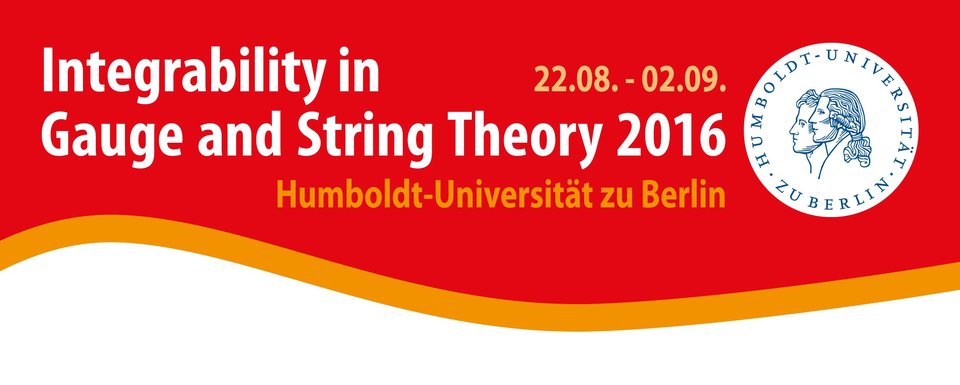Zentralinstitut der Humboldt-Universität zu Berlin

The union of quantum mechanics and gravity strongly suggests that "space-time is doomed", and there are related indications of fundamental limitations to quantum mechanics in both the early and late universe. In this talk I will review these paradoxes and describe indications for a new picture where space-time and quantum mechanics will be seen to emerge hand-in-hand from more primitive principles, making contact with new areas of mathematics. I will give a concrete example of how these ideas work in the context of particle collision experiments, of the sort performed at the Large Hadron Collider.
Nima Arkani-Hamed is one of the leading theoretical physicist of his generation with broad interests in high-energy and mathematical physics as well as cosmology.
His research has shown how the extreme weakness of gravity, relative to other forces of nature, might be explained by the existence of extra dimensions of space, and how the structure of comparatively low-energy physics is constrained within the context of string theory. He has taken a lead in proposing new physical theories that can be tested at the Large Hadron Collider at CERN in Switzerland. His recent work focuses on a reformulation of the foundations of quantum field theory. He was educated at Toronto and Berkeley and was a professor of physics at Berkeley and Harvard before joining the Institute for Advanced Study in Princeton in 2008. He was an inaugural recipient of the Fundamental Physics Prize in 2012, and was one of six physicists featured in the award-winning documentary »Particle Fever« in 2014.
